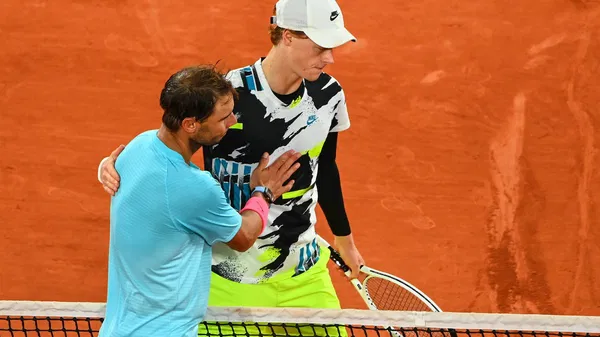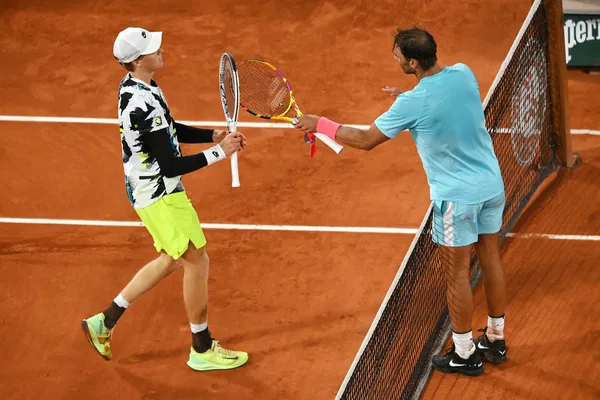
In February, former world No. 1 Jannik Sinner began serving a controversial three-month suspension following two positive drug tests from the previous season. This decision, reached through an agreement with the World Anti-Doping Agency (WADA), came despite an earlier ruling in August by an independent tribunal that had cleared Sinner of wrongdoing. WADA, however, appealed the verdict, arguing that the conclusion of “no fault or negligence” was incorrect.
The case sparked widespread reactions across the tennis world. Novak Djokovic was quick to call for clearer and more standardized doping regulations, while Nick Kyrgios insisted that the suspension should have been enforced regardless of whether the doping was intentional or accidental. Serena Williams went as far as to suggest that she would have received a far more severe punishment under similar circumstances.
In contrast, Rafael Nadal offered a more measured stance. Speaking initially on the Spanish television show El Hormiguero, Nadal expressed his belief in the integrity of the system and in Sinner himself. “I tend to believe in people’s good intentions,” Nadal said. “I don’t believe Jannik would ever try to cheat. We shouldn’t only accept outcomes when they align with our expectations. Justice is justice, and I trust the organizations responsible for making these decisions.”
Nadal reaffirmed his stance in a more recent interview on April 22. He acknowledged the harm the case had caused to the image of tennis but continued to express confidence in Sinner’s character. “I believe Jannik is a moral person,” Nadal said. “He was declared innocent in the ruling. Accidents can happen, and I don’t think he ever tried to gain an unfair advantage.”
At the same time, Nadal voiced support for the established anti-doping protocols. “I don’t question the ruling,” he said. “These procedures exist for a reason and are based on full access to information. We as players agree to follow these standards. If people believe the system needs improvement, then that discussion should happen, but I won’t speak negatively about the sport. The rules are what we signed up for.”
Sinner’s suspension, which was initially challenged by WADA in favor of a longer ban of up to 24 months, was ultimately reduced after negotiations. The final agreement saw him sidelined from February 9 to May 4. With his return at the Italian Open imminent, Sinner looks to regain momentum, especially after winning the Australian Open in January—his third Grand Slam title.

Meanwhile, Rafael Nadal, who officially retired last year at the Davis Cup in Malaga, continues to leave an impact off the court. Recently honored at the 2025 Laureus World Sports Awards with the “Sporting Icon” title, Nadal reflected on his retirement. “I don’t miss tennis at all,” he admitted. “Not because I was tired of it, but because I’m at peace with my decision. Tennis made me happy my whole life, but once I knew I couldn’t continue, I accepted it.”
Despite no longer competing, Nadal remains involved in the sport through his academy in Mallorca. Yet, as the clay season progresses and Roland Garros approaches, his absence will be deeply felt—especially by the fans who once filled stadiums with chants of “¡Vamos, Rafa!”